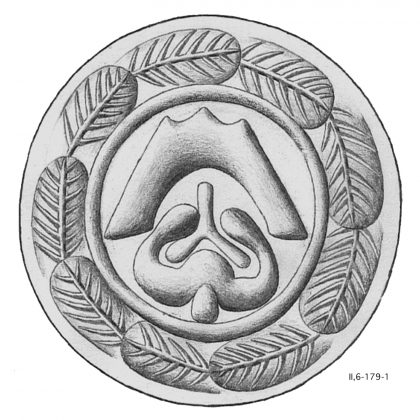New and Creative Models of Academic Publication Scholars Should Know About, Part 3
Earlier this year, Avi Staiman, CEO of Academic Language Experts, interviewed Chris Harrison, Publishing Development Director of Humanities and Social Sciences at Cambridge University Press on new and creative models of academic publications that scholars should be aware of that extend beyond the classic manuscript and journal article. This is the final of a three-part series resulting from that interview. The first part can be found here. The second part can be found here. You can also watch the full recording of the interview, held on March 22, 2021 as part of the Academic Language Experts ‘Publication Success Interview Series’.
Part 3: General Tips for Publishing with Cambridge
Avi: Let’s talk about preparing a proposal for publishing a book with Cambridge. Am I writing a marketing or academic document? Should my prospectus focus on my innovative research or on external factors that may impact the importance of publication?
Chris: Both! My strong advice is: in-house commissioning acquisitions editors should not be treated as subject experts, so don’t go into too much research detail. We want to get a sense of your originality and significance. We want to understand how your work fits with the other published literature on the Cambridge list and elsewhere. It is useful for us to know specifically which academic community you are targeting, so be specific in terms of target readership.
Avi: How is Cambridge different from some of the other academic publishers?
Chris: There is a huge range of commercial academic publishers and university presses. People should research before approaching anybody to understand their choices. At Cambridge, the peer review quality assurance process is taken seriously. What all university presses will have in common is that the ultimate decision-makers are not the in-house staff but the faculty-based editorial board.
Avi: What level of English grammar and spelling is expected at the initial proposal stage?
Chris: The English must be good enough. Not perfect but not off-putting. The standards will vary from discipline to discipline. The humanities may expect higher standards of English than in hard sciences. We do occasionally review published books in other languages.
Getting it into good enough English is an author’s responsibility, and that is where the services you provide at Academic Language Experts are really valuable. We do want to make sure that we have a geographically diverse author base because we are conscious that there is fantastic research going on outside the traditional homelands of North America and Western Europe.
Avi: I tell people that there are language skills and writing skills, and they are not the same thing. We work with many brilliant writers for whom English is not their mother tongue yet they are wonderful writers and it is just a matter of fixing up their grammar. And we work with native English speakers who have much to learn in terms of writing. Either lack could distract the reviewer from the focal point of the project.






